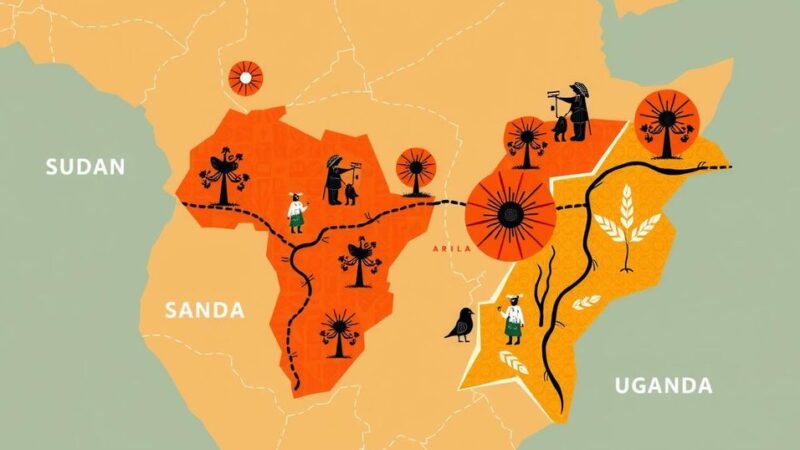The OAS is set to elect a new Secretary General amid significant regional challenges, including political polarization and the threat to democracy. Candidates Albert Ramdin of Suriname and Rubén Ramírez Lezcano of Paraguay are vying for the position, with broader implications for Inter-American relations. The election will be shaped by the candidates’ ability to address the organization’s key priorities and secure support from crucial member states, especially CARICOM and the United States.
A critical election is approaching for the Organization of American States (OAS) as it prepares to select a new Secretary General amidst increasing regional challenges. The current socio-political climate in the Americas reflects rising polarization, assaults on democracy, an ongoing immigration crisis, and a pressing need for economic development. The decision made by member states in choosing their leader will have profound implications for the OAS and its capacity to address these collective challenges effectively.
The upcoming election features two formally declared candidates: Albert Ramdin from Suriname and Rubén Ramírez Lezcano from Paraguay, both seasoned diplomats with notable experience in foreign affairs. Speculations regarding the potential candidacy of former Colombian President Ivan Duque and calls from civil society for a woman to lead suggest heightened scrutiny of candidates’ capacity to represent diverse interests within the organization. Key factors influencing this election include the candidates’ approach to balancing the OAS’s foundational pillars—security, development, human rights, and democracy—and gaining support from influential member states.
The OAS has historically faced challenges intrinsic to its commitment to sovereignty and non-intervention, impacting its ability to advocate consistently for democracy and human rights across the hemisphere. Despite these hurdles, the next Secretary General must demonstrate an adeptness in rallying member states, especially the Caribbean Community (CARICOM), to secure the necessary votes for election. Ramdin and Ramírez represent contrasting strategies, focusing on alliances with member states and potential support from the United States, which has been crucial in shaping OAS politics.
As the election nears, the choice of the new Secretary General will shape the future direction of Inter-American relations, demanding both strong leadership and cooperative governance to navigate the myriad issues facing the region. The upcoming X Summit of the Americas adds urgency to this transition, urging member states to consider the organizational role in addressing the hemisphere’s future challenges.
The article discusses the upcoming election for the Secretary General of the Organization of American States (OAS), highlighting the socio-political landscape challenges in the Americas, including political polarization, democracy under threat, climate change, and an immigration crisis. The significance of this election is underscored by the implications it holds for inter-American affairs and regional unity. The current candidates and their political alignments reflect broader international relations dynamics, notably with the United States and China, which contribute to the complexity of regional cooperation in a divided hemisphere.
The forthcoming election for the OAS Secretary General represents a pivotal moment in shaping the trajectory of regional leadership in the Americas. The election outcome will dictate how effectively the OAS can address critical challenges, including democracy preservation, economic development, and regional security. As member states reflect on their priorities, the importance of collaborative governance and decisive leadership becomes increasingly clear, particularly in light of the impending X Summit of the Americas.
Original Source: globalamericans.org






